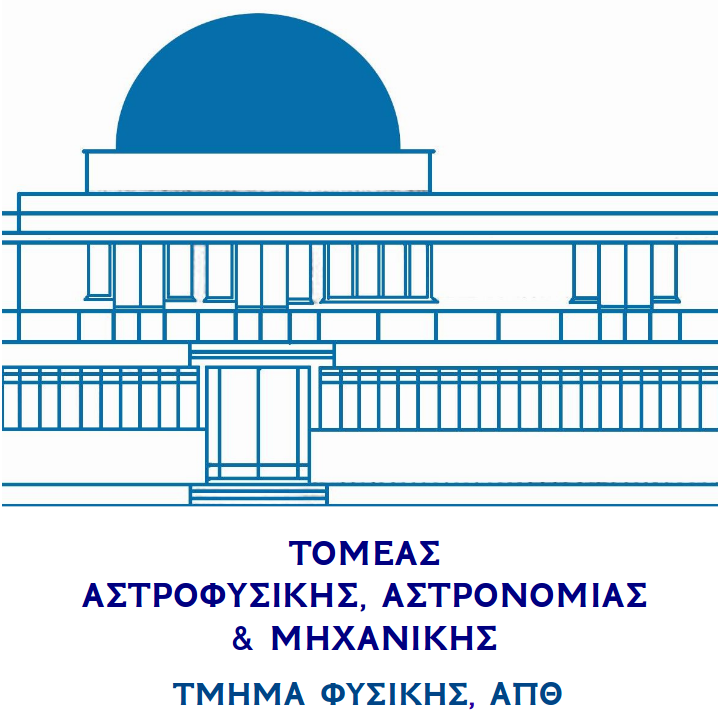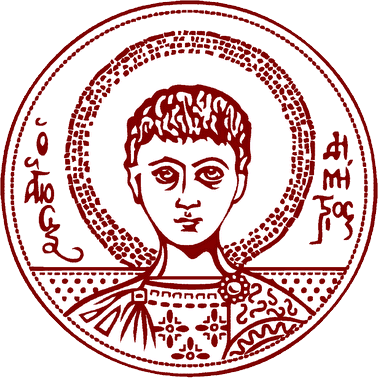
Section of
ASTROPHYSICS,
ASTRONOMY
& MECHANICS
Aristotle University
of Thessaloniki
Physics Department



NASA and ESA are preparing some new space missions especially designed to study exoplanets. TESS (The Transiting Exoplanet Survey Satellite), a NASA mission planned for launch next year (2018) , is to detect small planets within the solar neighbourhood. These planets will be very good targets for detailed characterisation of their atmospheres.
ARIEL (Atmospheric Remote-sensing Exoplanet Large-survey) is one of three candidate missions currently being considered by the European Space Agency (ESA) for launch in 2026. The main goal of the mission is to study the atmospheres of hundreds of planets and understand how they form and evolve. The main difference compared to other missions is that ARIEL will not detect new planets, but it will focus on the atmospheric composition of already known exoplanets. It is a mission that will provide scientists with a large database of hundreds of exoplanets and will give insights into the conditions for habitability as well.
Such dedicated missions will bring a new era on the exoplanet research and will hopefully give answers to fundamental questions: How do planets form? Are there other planets like the Earth? Could they host life? Is there any other type of life?
Read more about these space missions here